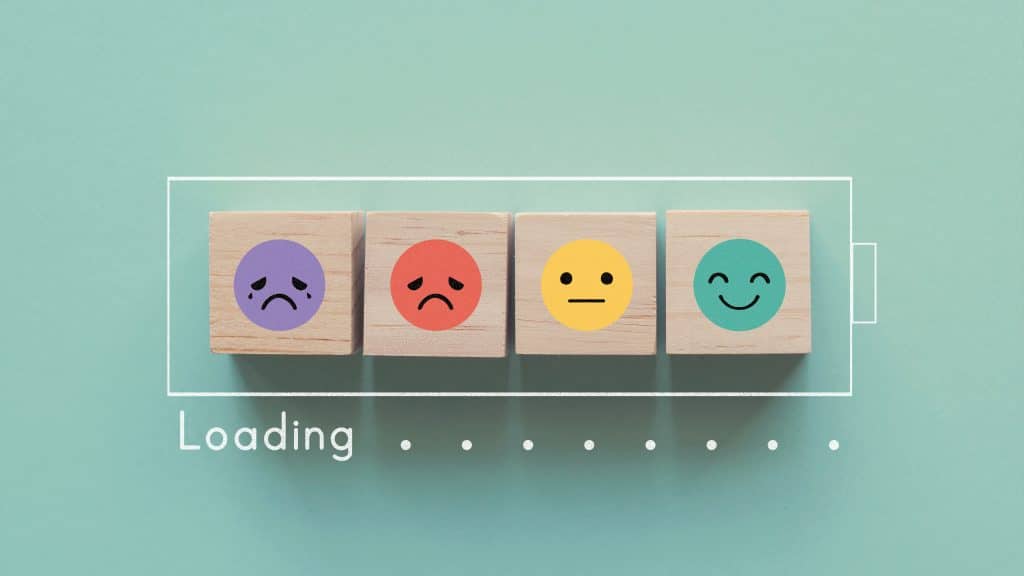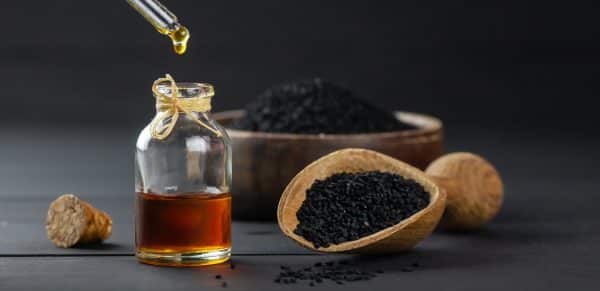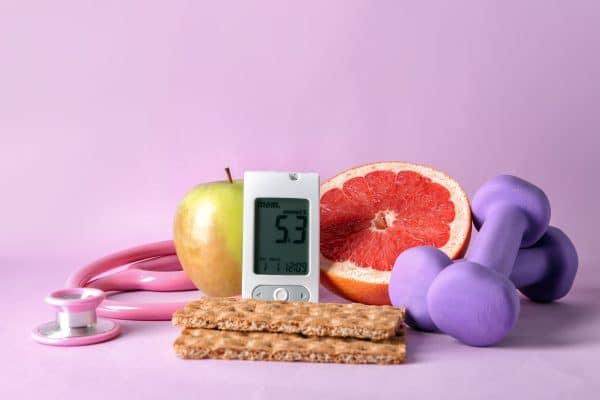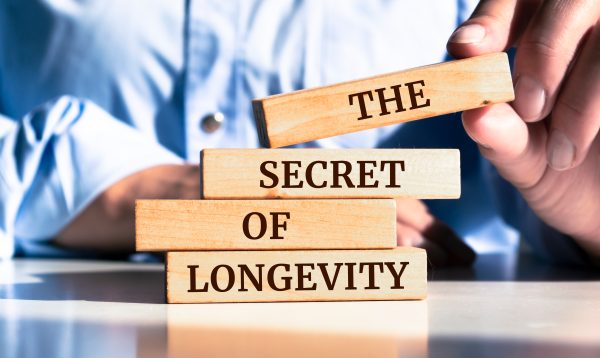Discover eight easy ways to boost serotonin levels and feel happier instantly, naturally. Utilize these strategies for improved health and joy in your life.
Do you crave an instant mood boost? What are some natural ways to boost your serotonin levels and feel happier instantly?
Imagine soaking up the sun’s rays for a mood lift or engaging in exercises that trigger your brain’s feel-good chemicals. Curious about which foods can naturally improve your serotonin production?
From the tranquility of social interactions to the joy of connecting with loved ones, let’s explore the journey to a brighter, happier you.
Start Boosting Serotonin Today!
1. Get Plenty of Sunlight
Getting sunlight for 15 minutes daily can boost serotonin levels by stimulating the body’s circadian rhythm. The process involves UV rays’ conversion into vitamin D, essential for serotonin production. Sunlight is also good for cognitive functioning, memory focus, and attention abilities.
A study found that increased sun exposure reduces depression in older women. Experts recommend 10-15 minutes of daily sun exposure for adequate vitamin D levels.
Studies indicate moderate UVB exposure can increase serotonin. A 2023 study linked just four-and-a-half hours of monthly sun exposure to improved clinical depression.
In winter or low sunlight conditions, you can consider light therapy using a light box. It can be a moderately effective alternative for treating non-seasonal depression.
2. Exercise Regularly
Exercise is beneficial for mental health, as it promotes the release of serotonin and endorphins. Activities like running, swimming, biking, dancing, and jumping rope are effective for boosting serotonin. Low-impact activities, such as brisk walking, water aerobics, and gardening, are also beneficial.
Exercise increases tryptophan in the blood and decreases other amino acids. More tryptophan can then reach the brain, which can then be converted to serotonin. It improves mood and reduces the symptoms of depression.
3. Eat Tryptophan-Rich Foods
Serotonin is naturally found in about 42 plant species. However, eating these plants does not raise serotonin levels since serotonin cannot cross the blood-brain barrier. Instead, you should consume foods rich in tryptophan, an amino acid that can pass this barrier.
- Foods high in tryptophan include canned tuna, eggs, turkey, peanuts, milk, chicken, cheddar cheese, oats, and chocolate.
Tryptophan-rich foods with carbohydrates can trigger an insulin response that helps transport tryptophan to the brain.
- Suggested tryptophan-rich snacks include granola bars with chocolate and nuts, chicken and cheese rolls, tuna fish sandwiches, and peanut butter sandwiches.
Certain foods deplete serotonin levels or disrupt signaling. They include alcohol, high-fructose syrups, caffeine, and artificial sweeteners.
While tryptophan is found in high-protein foods, other amino acids in these foods often cross the blood-brain barrier more readily. Research suggests that combining tryptophan-rich foods with insulin-raising carbs can enhance tryptophan’s brain uptake.
4. Get Enough Sleep
Chronic sleep problems are linked to anxiety, concentration issues, depression, and reduced cognition. Sleep deprivation disrupts normal serotonin transmission, activating the 5-HT2A receptor. The receptor is also triggered by hallucinatory drugs and conditions like schizophrenia.
The activation can mimic symptoms of these conditions and potentially lead to psychosis with severe sleep loss.
To improve sleep hygiene, consider the following steps:
- Go to bed and wake up at the same time every day.
- Ensure your bedroom is quiet, dark, and comfortably cool.
- Remove electronic devices from the bedroom.
- Avoid alcohol, caffeine, and large meals before bedtime.
- Exercise regularly to fall asleep more easily.
5. Try Adaptogenic Herbs
Adaptogens are herbal extracts used in medicine to help the body manage stress from sources like anxiety, trauma, fatigue, or infection. These herbs help maintain balance in the body’s systems and hormones.
Although more research is needed, some studies suggest that some adaptogenic herbs may have antidepressant effects by regulating hormones, such as serotonin. Notable herbs and supplements include:
- Melatonin: A hormone that regulates sleep-wake cycles. You can use the supplements too.
- Rhodiola: An herb that can enhance mental and physical endurance.
- Ginseng: Known for its potential to boost energy and reduce stress.
- Ashwagandha: An herb that may lower stress and improve mood.
- 5-HTP: A supplement that can increase serotonin levels.
- Omega-3 Fatty Acids: Found in fish oil supplements, they can support brain health.
- Probiotics: Supplements that promote a healthy gut and influence overall well-being.
These adaptogens may help normalize serotonin and other key hormones. Also, they can reduce the symptoms of depression and improve mental health.
6. Manage Your Stress Levels
Chronic stress can negatively affect serotonin production and impair serotonin receptor function. Managing stress is a must for maintaining optimal serotonin levels. Some stress-relieving techniques include:
- Yoga: Combines physical postures, breathing exercises, and meditation to reduce stress.
- Mindfulness: Focuses on being present and fully engaged in the current moment.
- Meditation: Involves techniques to achieve a mentally clear and emotionally calm state.
- Deep Breathing Exercises: Simple practices that focus on slow, deep breaths to promote relaxation.
- Guided Imagery: Uses visualization to create calming and peaceful images in the mind.
- Progressive Muscle Relaxation (PMR): Involves tensing and then relaxing different muscle groups.
- Biofeedback: Uses electronic monitoring to convey information about physiological processes.
While eliminating stress is difficult, these techniques can help to improve mood. Other methods to reduce stress include journaling, attending therapy, and listening to calming music.
7. Socialize With Loved Ones
Human biology links essential behaviors, like eating, sleeping, and sex, to the brain’s pleasure center (orbitofrontal cortex). Then, encouraging us to repeat them.
Social interaction is also rewarding, promoting the release of serotonin, dopamine, and endorphins. Healthy interactions boost these hormones, while negative ones can decrease them or leave them unchanged.
Some ways to build social connections include:
- Build or improve family connections.
- Find shared interests and plan outings with friends and family.
- Join a club or take a class.
- Get involved in community activities and volunteer work.
- Catch up with a friend.
Also, try to help others. Acts of kindness increase serotonin, oxytocin, and dopamine. Supporting others can boost mood more than receiving support.
8. Think Positively
Research shows that thinking about happy things can boost serotonin levels. It can be challenging for those with depression, but several strategies can help promote positive thinking:
- Browse through old vacation photos.
- Write down things you are grateful for.
- Contact a friend or loved one.
- Read inspirational books or articles.
- Reflect on a joyful memory.
- Watch a funny movie or TV show.
- Listen to uplifting music.
- Engage in a hobby you love.
- Spend time in nature.
If you struggle to change your thinking, consider cognitive behavioral therapy (CBT) with a certified therapist. CBT can help alter thought processes to prevent negative thinking.
Conclusion
Boosting your serotonin levels naturally can improve your mood and overall health. You can add simple practices to your routine such as improving your diet, getting sunlight, exercising regularly, and getting enough sleep.
The strategies not only promote a happier and healthier life but also empower you to take control of your mental health. Start today and watch as your happiness soars to new heights!
Disclaimer: This content is for informational purposes only and is not a substitute for professional medical advice, diagnosis, or treatment. Always seek the advice of your physician before a diet change or starting a new supplement.
Supporting Research
Cui, Y., Gong, Q., Huang, C., Guo, F., Li, W., Wang, Y., & Cheng, X. (2021). The relationship between sunlight exposure duration and depressive symptoms: A cross-sectional study on elderly Chinese women. PLoS One, 16(7), e0254856.
Zhao, X., Ozols, A. B., Meyers, K. T., Campbell, J., McBride, A., Marballi, K. K., … & Gallitano, A. L. (2022). Acute sleep deprivation upregulates serotonin 2A receptors in the frontal cortex of mice via the immediate early gene Egr3. Molecular psychiatry, 27(3), 1599-1610.
Matsunaga, M., Ishii, K., Ohtsubo, Y., Noguchi, Y., Ochi, M., & Yamasue, H. (2017). Association between salivary serotonin and the social sharing of happiness. PloS one, 12(7), e0180391.
Inagaki, Tristen K. PhD; Bryne Haltom, Kate E. BA; Suzuki, Shosuke BA; Jevtic, Ivana BA; Hornstein, Erica MA; Bower, Julienne E. PhD; Eisenberger, Naomi I. PhD. The Neurobiology of Giving Versus Receiving Support: The Role of Stress-Related and Social Reward–Related Neural Activity. Psychosomatic Medicine 78(4):p 443-453, May 2016. | DOI: 10.1097/PSY.0000000000000302







